In the highly competitive world of software development, apps that are able to quickly reach a larger user base often have an edge over others. To ensure that your users have maximum flexibility and convenience, it’s best to offer your services through both a mobile app and a web app.
Due to resource limitations, it might not be possible for all startups to simultaneously build both types of apps. This prompts the query of which app category to give priority in such circumstances.
We’ll attempt to address this question in this article.
What is a Web App?
A piece of software that resides on a distant server is known as a web application. Then, users must use their web browser to access it.
A web app looks visually similar to a website at first glance. The main distinction, however, is that web apps can be used by users just like any other piece of software.
A website, on the other hand, is solely intended for static reading.
A web app can be thought of as a dynamic, interactive website, to put it simply.
Briefly, this is how it operates:
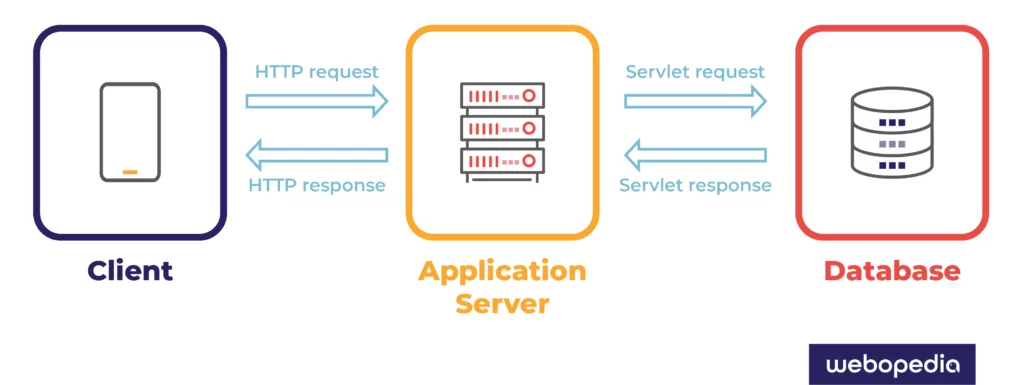 Source
Source
A request is sent to the server whenever the user performs an action on their device browser.
There, the reasoning is processed everywhere. The server can also access the database to get information if necessary.
The browser then shows the pertinent information and commands that were sent by the server on screen.
A web server doesn’t require installation on a local machine because it is practically always online.
As long as there is an internet connection, users can access it from anywhere and on any device (laptops, smartphones, or workstations).
The front end and the back end are the two components of web app development.
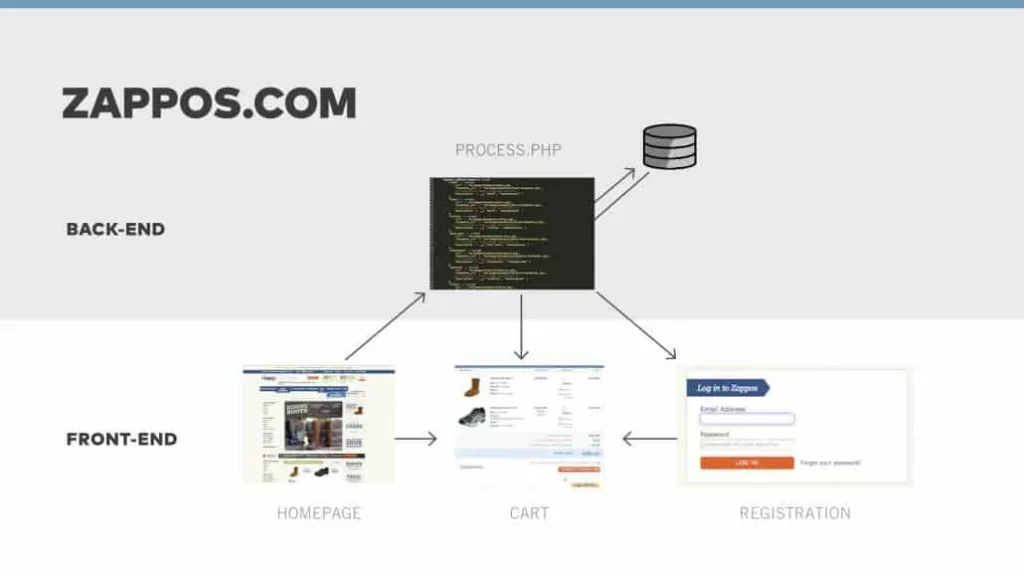
Database programming and application logic are the main areas of the back end. Developers use PHP, SQL, Python, and Java among other languages.
The graphical user interface, or front end, of the web app is what it is all about. Here, technologies like HTML, CSS, and JavaScript are utilized.
A web app could potentially have a mobile app serving as its front end. The term “hybrid apps” refers to what are essentially web browsers enclosed within a native app shell.
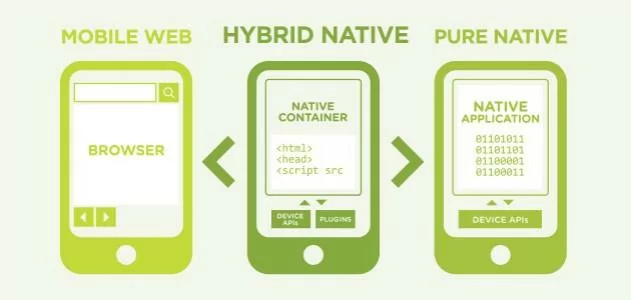
Web apps make up a significant portion of websites today. Google Mail, Asana, Facebook, and Microsoft Office 365 are a few of the more well-known ones.
Pros and Cons of Web Applications
The followings are the pros and cons of mobile applications. They are as follows:
Pros:
- Web apps do not need to be downloaded or installed because they work in-browser.
- They are simple to maintain because they share a codebase regardless of mobile platform.
- Will keep themselves up to date
- Mobile apps are faster and easier to create.
- Because they do not require app store approval, they can be launched quickly.
Cons:
- Working offline is not permitted.
- Slower than mobile apps and lacking in advanced features
- Because they are not listed in a specific database, such as the app store, they may be less discoverable than mobile apps.
- Quality and security are not always guaranteed because web apps are not required to be approved by an app store.
What is a Mobile App?
A mobile application is software that is directly downloaded and installed on the user’s smartphone or mobile device.
It can be downloaded from the user’s preferred app store, whether it’s the Apple App Store or Google Play.
Typically, a mobile app is self-contained. Everything from application logic processing to displaying the user interface is handled by it. As a result, apps can operate even when they are not connected to the internet.
In contrast, some apps outsource some or all of the processing and data retrieval to an online server.
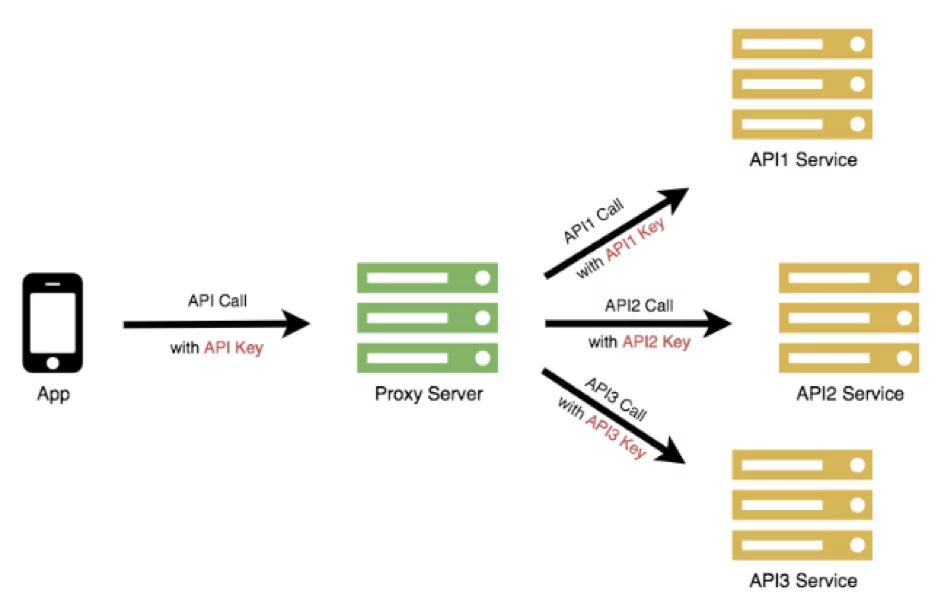 Source
Source
The Netflix app, for example, must connect to its servers in order to access its vast library of movies and TV shows.
Mobile apps can access the device’s hardware, which increases its functionality.
Instagram, for example, can use a camera to capture images. Step trackers, similar to Pacer, use the GPS embedded in a phone to calculate how far a user has walked.
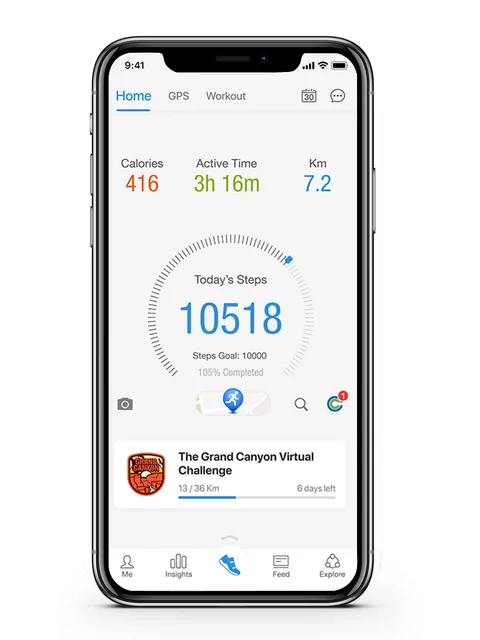 Source
Source
Mobile apps that are platform-specific can only run on a single operating system (iOS or Android).
True, cross-platform programs can be developed once and installed on any device. Nonetheless, these tools work by translating code into the appropriate native programs.
 Source
Source
As a result, depending on the target operating system, several programming languages are required to develop mobile apps.
For iOS apps, developers use Swift or Objective-C. Android developers can use Java, C++, or Kotlin. Those who choose React Native or Xamarin will have cross-platform options.
Pros and Cons of Mobile Applications
The followings are the pros and cons of mobile applications. They are as follows:
Pros:
- Faster than web applications
- They have more functionality because they have access to system resources.
- Can be used offline
- App store approval is required for native apps to be safe and secure.
- Because developer tools, interface elements, and SDKs are available, it is easier to build.
Cons:
- More costly to develop than web apps
- Compatibility with multiple platforms (for example, iOS and Android) usually necessitates designing and building the app from the ground up.
- Maintenance and updating are costly.
- It may be difficult to get an app store to approve a native app.
Web App vs. Mobile App: Key Differences
After defining web and mobile apps, let’s go into more detail about their differences, advantages, and disadvantages.
Here is an overview:
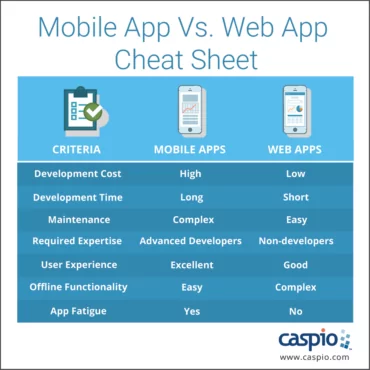 Source
Source
Mobile apps typically require more time and resources to design. This is due to the fact that you must produce one app for each operating system you intend to use.
Also, this might be needed for several development teams, which would raise the cost.
As a result, maintaining mobile apps is more difficult than maintaining web apps.
If a mobile app needs to be updated, it must be updated across all platforms. Users must update their apps to reflect changes since they are not automatically implemented.
On the other hand, all users automatically receive the effects of any modifications made to a web app.
But providing a better user experience is one area where mobile apps excel.
Due to their access to the underlying hardware of the device, as we just discussed, they can provide more sophisticated functionality.
Mobile games, for instance, can have spectacular 3D graphics and quick, fluid motion. On the other hand, web apps are limited to using plain images.
Apps for mobile devices can function offline as well. Possibly one of the most crucial elements of excellent UX is ignored here.
A smartphone app offers a more upscale experience when there is no internet connection rather than simply breaking.
Techniques like offline sync enable the app to function even when it has to obtain data from a server. When the connection is reestablished, the data is then automatically updated.
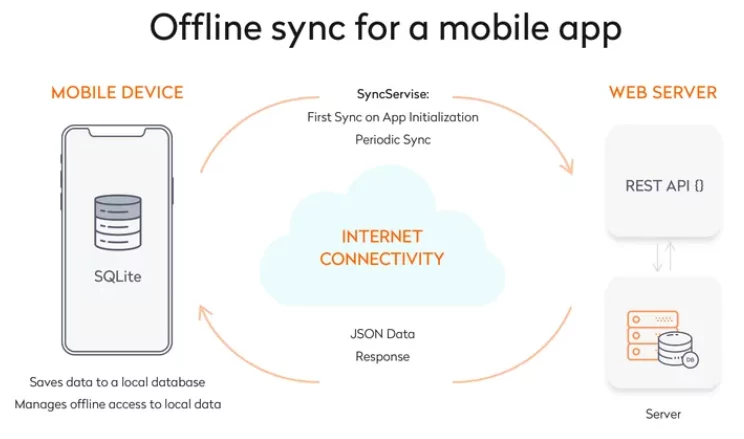 Source
Source
One question remains now that we’ve covered the advantages and disadvantages of each: which do you choose?
Web App vs. Mobile App: which one to develop first?
In general, it costs more to create mobile apps than web apps. Hence, if you’re short on cash, starting with a web app would be better.
Although costs vary, you should budget at least $38,000 to design an app of medium complexity. When you deploy to several platforms, this is much more applicable.
On the other hand, a straightforward web app may be created for about $15,000. Additionally, just one development fee can function for all users.
This is merely a benchmark, remember. The exact cost will vary depending on a number of variables, including the requirements and complexity of your project.
Consequently, to determine a more precise pricing estimate, it is best to speak with a development team.
Do you need the device’s native features?
Although mobile apps can access the hardware of the device, not all platforms require it.
For instance, if you want to develop a straightforward The quickest response is that having both web and mobile apps is ideal.
You’ll see that most platforms, like Facebook and Twitter, offer web and mobile apps that are compatible with one another.
For instance, you can switch to the web version when you come back to your workstation from the Asana app to get task updates while you’re on the road.
Yet, sometimes you can’t immediately develop both. You can choose which to prioritize in these situations by asking yourself the following questions.
What are the limits of your budget?
Webmail app, you don’t need amazing visuals or camera capabilities.
As a result, you must determine whether your program requires these features. If not, a web application might be a better choice.
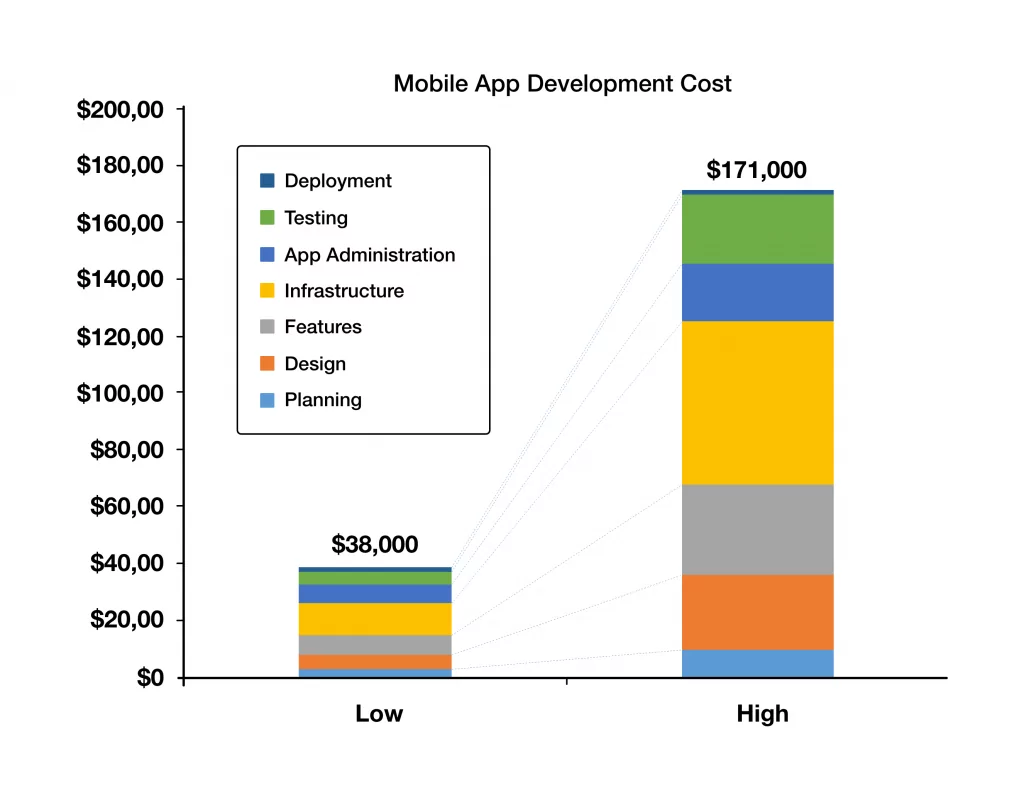 Source
Source
The camera and gyroscope can now be accessed by website programming languages like HTML5, for example.
This changes the accessibility of web apps to basic device functionalities, which may affect your choice to use them.
They won’t be as quick or effective as mobile apps, but they may be adequate for less complex applications.
How quickly should the app be developed?
In general, choosing a web version is frequently preferable if you want to deploy your app more quickly.
As only one front-end and one back-end need to be created, development time is reduced.
The quickest time to construct a web app is often between 3.5 and 4.5 months.
In contrast, creating a mobile app can often take at least 6 months. If you want to develop a multi-platform program, the process can take considerably longer.
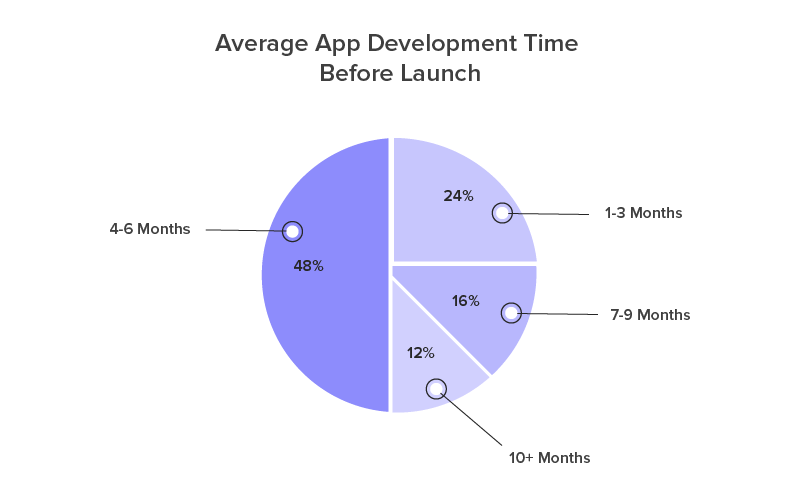
And that doesn’t include the time required to launch the application.
You see, before you can publish your software, both the Google Play Store and the Apple App Store must review it.
If you’re lucky, it might be accepted within a day. Nonetheless, if there is a problem, plan on it lasting several days or weeks.
You must also correct the issue and resubmit the application if it is rejected. That requires more time.
And that’s not the end of your work. Once the mobile app has gone live in the app store, you must invest time and energy into advertising it using app store optimization strategies.
People won’t download it if that happens.
How fast does the app need to be?
The app’s speed is also an important consideration.
Some apps, such as games, necessitate real-time performance. In these cases, the mobile app approach is preferable because it is much faster than a web app.
It all comes back to the self-contained nature of mobile apps. Because all processing and logic take place on the user’s device, performance is usually faster.
Web apps, on the other hand, must constantly send data over the network. As a result, they are vulnerable to latency.
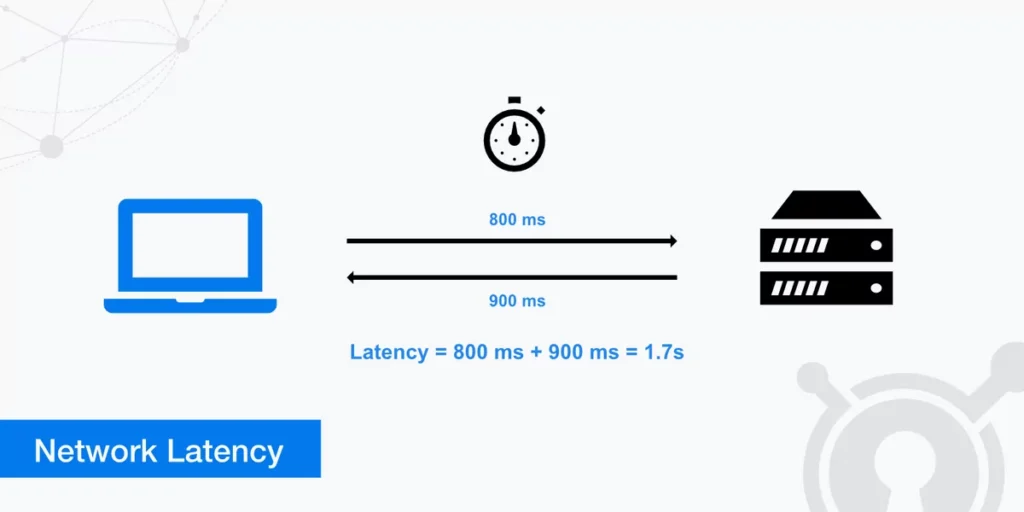 Source
Source
The time it takes for data to travel from the server to the client and back is referred to as latency.
Because of this delay, web apps do not respond as quickly when you click on a link.
When the Internet connection is slow, the problem is exacerbated.
Even under ideal conditions, zero latency is nearly impossible to achieve. As a result, web apps will always be slower than mobile apps.
How many users do you want to reach?
When all else is equal, web apps can reach more users than mobile apps.
The reason is straightforward: web apps are more accessible. They do not require installation and can be accessed from any device. This appeals to a broader audience.
In contrast, convincing people to use a mobile app is more difficult because they must spend time searching for and installing it.
Furthermore, the device’s specifications may not be compatible with your app in some cases.
However, keep in mind that this varies depending on the app niche.
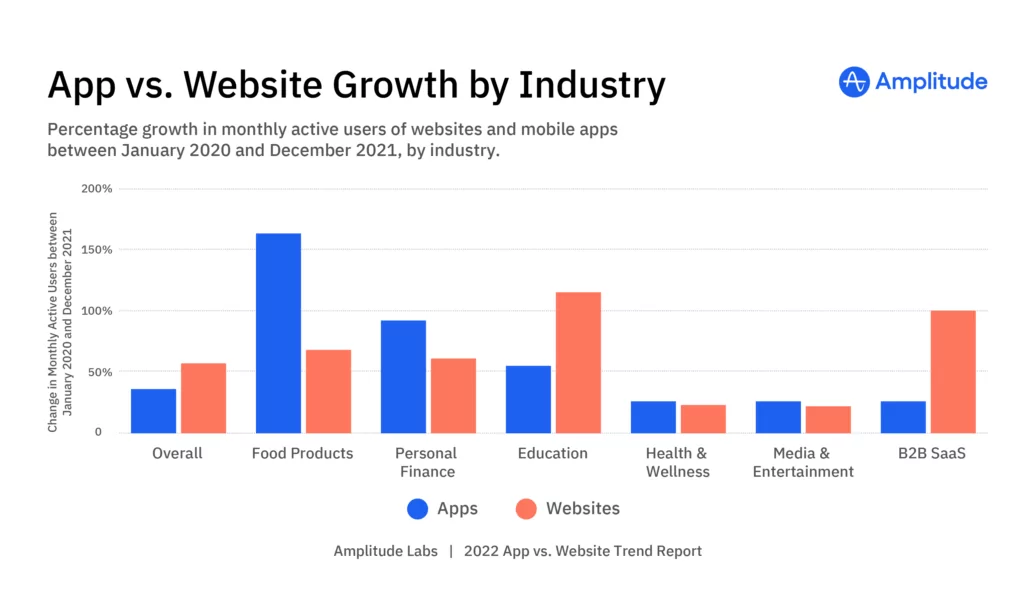 Source
Source
According to a 2021 survey, mobile food apps are used by more people than web food apps.
Despite the growing popularity of mobile apps in certain niches, the ease of use of web apps makes them a better first choice when you want to make that initial splash in the market and reach a wide range of users quickly.
Will your app be used offline?
This is possibly the simplest factor to base a decision on.
If you need your app to work without an internet connection, you must use a mobile app.
Offline-only apps include games, calculators, and other utility apps such as maps and translators.
This is particularly important for utility apps with online capabilities. Evernote, for example, stores notes in the cloud by default.
However, thanks to offline sync technology, its mobile app version allows you to continue taking notes even when you are not connected to the internet.
Web apps, on the other hand, are a good option if your app must function entirely online, whether by choice or necessity.
Mobile App vs. Web App: Choosing the Right One
In the argument between mobile applications and online applications, it is difficult to declare a clear winner.
In terms of offering solutions, both mobile and web applications give the user a superior experience.
It’s not as simple as it sounds to contact your users via mobile or web media, though.
Teams must choose the best platform that integrates web and mobile app testing techniques so they can work more effectively, more quickly, and with the most test coverage.
Demo Faq Heading

demo faq description

